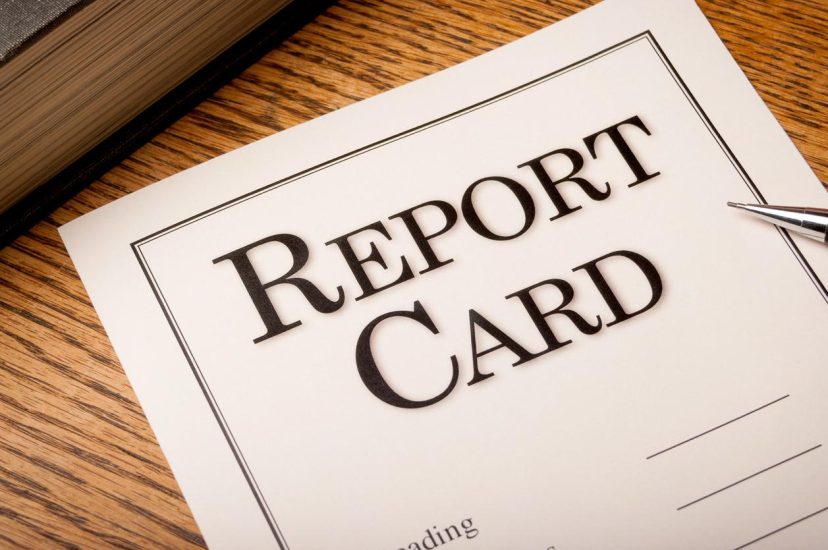Many students and parents get a little anxious at this time of year when final report cards are sent out. Kids worry they haven’t performed well and will disappoint their families. Parents are concerned their child may not be achieving the results they’re capable of.
Most people look at the overall grade for each subject first. A low grade is an obvious sign a student may need support, but there are other things to consider when reading your child’s report.
These tips will help you identify potential issues.
Mixed Comments from the Teacher
If a child receives a good grade, parents often scan through the comments quickly without really taking them in. This is unfortunate as comments contain a wealth of information about your student’s learning.
The comments for each subject should identify your child’s strengths and weaknesses. Use this to think about specific areas your student may need support in the future. Being aware of possible issues is very helpful, even if they are not currently impacting grades.
Also, consider how your child’s behaviour is described. While the comments about their academic skills might be positive, are they talkative and disruptive? This could mean the work is too easy, or it could point to other issues. Do they interact well with other students or are there hints of social problems? If so, this could seriously affect their confidence and academic performance in the future.
Decline in Grades
It’s a good idea to keep your child’s previous reports handy so you can compare their progress and the comments made by teachers across the years. Without this history, it’s easy to ignore one bad grade or a slight dip in a subject. Detecting problems early is vital to success.
There are many reasons why a child’s grade might drop from one year to the next. The work may simply be harder for them, they may have lost focus or be dealing with a learning issue.
To determine if your student needs more support, it’s best to arrange a meeting with the teacher. Also, talk about the subject with your child and ask how they’re feeling about it. A tutor can assess any gaps in learning.
Inconsistency Across Subjects
Inconsistency in grades is a major sign a student is not applying themselves to all learning areas equally. If they’re receiving A’s and B’s for some subjects and D’s and E’s for others, there may be something more to address.
Parents often put this discrepancy down to natural ability and focus on the subjects their child is doing well in. As a result, students who have a talent in one area often feel like they can coast through their other subjects without trying. Ignoring inconsistency in grades does students a disservice because they stand to benefit greatly from a balanced education.
One example of why it’s important to encourage students to apply themselves in every area is the lack of girls interested in STEM. In the past, STEM was seen as a male domain and girls are still underrepresented in these subjects. Students who are encouraged to try their hardest despite their preconceived ideas about a subject may discover a career path they’d never considered.
Reading your child’s report card closely will help you act on any issues quickly.




